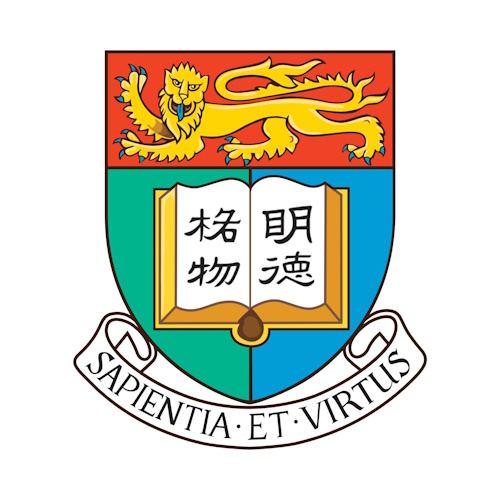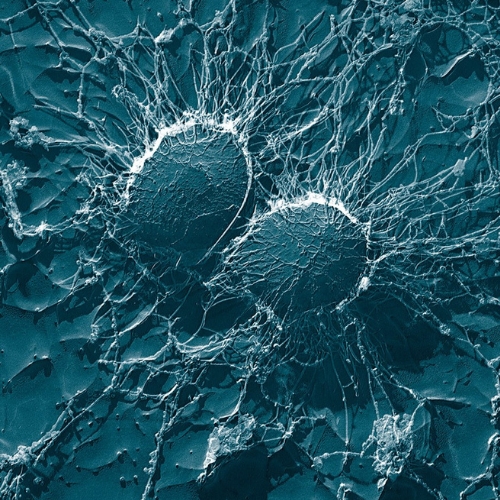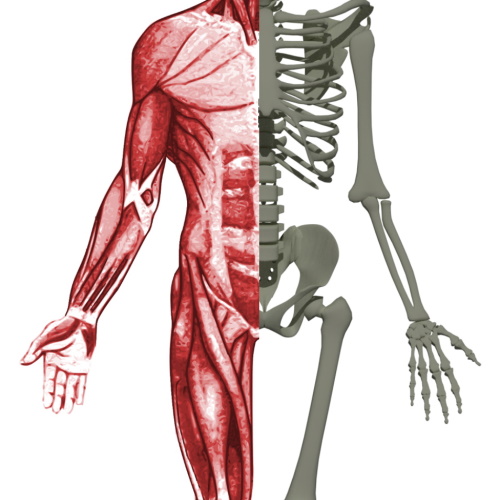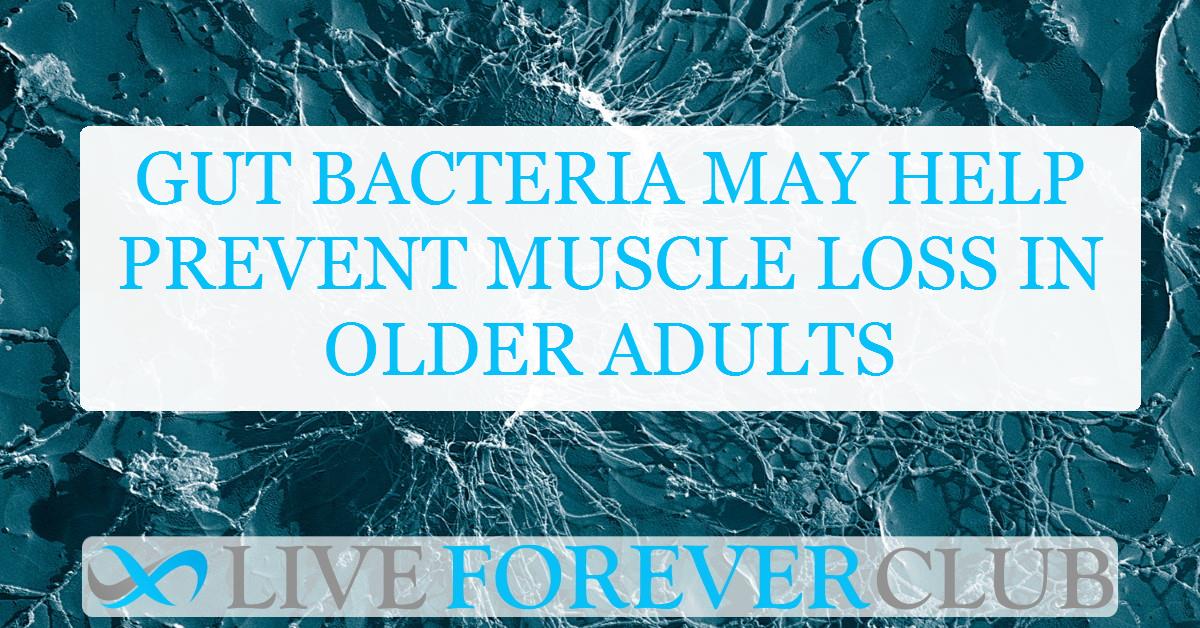Ageing brings many changes to the human body, and one of the most concerning is the gradual loss of muscle mass and strength. This condition, known as sarcopenia, affects millions of older adults, making daily activities more challenging and increasing the risk of falls and fractures. While exercise and nutrition remain key strategies for maintaining muscle health, new research suggests another important factor: gut microbiota.
Scientists have long suspected that the gut and muscles communicate through biochemical signals. Recent studies have now provided evidence that gut bacteria can influence muscle function, either supporting strength or contributing to its decline. Among the vast microbial population in the gut, two specific bacteria have emerged as potential allies in preserving muscle health: Lacticaseibacillus rhamnosus and Faecalibacterium prausnitzii. These bacteria, commonly found in a healthy gut, are now being investigated for their ability to counteract age-related muscle decline.
Growing Burden of Sarcopenia
Sarcopenia is more than just a natural part of ageing. It is a serious medical condition that can drastically affect quality of life. Weak muscles make it harder to maintain balance, increasing the likelihood of falls. Fractures resulting from these falls often lead to extended hospital stays, a loss of independence, and even premature death.
Despite its severity, there are few effective treatments for sarcopenia beyond physical activity and dietary adjustments. Unfortunately, many older adults struggle to maintain consistent exercise routines due to physical limitations or other health concerns. This makes alternative approaches to muscle preservation all the more important.
Scientists have started looking beyond traditional interventions and into the gut microbiota. The trillions of bacteria living in the digestive tract do more than aid in digestion. They produce metabolites that influence various organs, including muscles. This discovery has opened the door to new research exploring the gut-muscle connection.
How Gut Bacteria Differ in Older Adults
To understand the role of gut microbiota in sarcopenia, researchers examined the gut bacteria of older adults with and without the condition. They found significant differences in microbial composition and metabolites. Individuals with sarcopenia had lower levels of beneficial bacteria and fewer short-chain fatty acids, which play a crucial role in muscle function.
Short-chain fatty acids are produced by gut bacteria when they break down fiber. These compounds help regulate inflammation, metabolism, and energy production. A decrease in these beneficial metabolites could explain why people with sarcopenia experience a loss of muscle mass and strength.
The study also revealed that people with sarcopenia had an overabundance of harmful bacteria linked to inflammation. Chronic inflammation is known to contribute to muscle breakdown, suggesting that an imbalance in gut microbiota may be an underlying cause of sarcopenia.
Testing the Gut-Muscle Connection in Mice
To determine whether gut microbiota directly affect muscle health, scientists conducted an experiment using mice. They transplanted gut bacteria from human donors into mice that had been treated with antibiotics to eliminate their existing microbiota.
The results were striking. Mice that received microbiota from individuals with sarcopenia showed lower muscle mass and reduced grip strength compared to those that received microbiota from healthy donors. Their muscles were also smaller and weaker. This experiment provided clear evidence that gut bacteria play a role in muscle health.
Mice that received microbiota from healthy individuals, on the other hand, maintained better muscle function. This suggests that certain bacteria may protect against muscle loss, while others contribute to its progression. These findings raised an important question: could specific probiotics help restore muscle health in ageing individuals?
Probiotics as a Potential Treatment
Given the connection between gut microbiota and muscle health, researchers turned to probiotics as a possible intervention. Probiotics are live bacteria that, when consumed in adequate amounts, provide health benefits. The study focused on two probiotics that were positively associated with muscle function: Lacticaseibacillus rhamnosus and Faecalibacterium prausnitzii.
Older mice were given these probiotics over several months, and their muscle strength and endurance were closely monitored. The results were promising. Mice that received the probiotics showed improved muscle mass, greater strength, and better endurance compared to untreated mice. The probiotics also helped maintain a healthier balance of gut bacteria.
These findings suggest that certain probiotics may be able to slow down or even reverse aspects of sarcopenia. Unlike exercise regimens, which can be difficult for older individuals to maintain, probiotics are easy to consume and could provide long-term benefits with minimal effort.
Role of Mitochondria in Muscle Strength
To understand how probiotics improved muscle function, researchers examined their effects on mitochondria, the tiny powerhouses inside cells that generate energy. Ageing leads to a decline in mitochondrial function, which contributes to muscle weakness and fatigue.
The probiotics increased the number and efficiency of mitochondria in muscle cells. Mice treated with probiotics had higher ATP levels, the molecule responsible for energy production. Their muscles also displayed improved mitochondrial dynamics, meaning that the mitochondria were healthier and better able to adapt to energy demands.
This discovery suggests that probiotics not only help maintain muscle mass but also improve muscle function at a cellular level. By enhancing mitochondrial activity, probiotics may help older individuals stay active and independent for longer.
How Probiotics Strengthen the Gut-Muscle Axis
The benefits of probiotics extend beyond muscle health. Researchers also found that probiotic-treated mice had a stronger gut barrier and lower levels of inflammation. A healthy gut barrier prevents harmful substances from entering the bloodstream, reducing the risk of chronic inflammation.
Mice that received probiotics had higher levels of gut-protective proteins and a more diverse gut microbiota. The presence of beneficial bacteria, such as Akkermansia muciniphila, was increased. This bacterium is known to support gut integrity and overall health.
In addition, probiotics helped balance the immune response in the gut. Chronic inflammation has been linked to muscle loss, and reducing inflammation may be one of the ways probiotics contribute to stronger muscles.
Future of Probiotics for Muscle Health
While the results of this study are encouraging, more research is needed before probiotics can be widely recommended for muscle health. Clinical trials in humans will be necessary to confirm their effectiveness. Scientists will also need to determine the optimal dosage and strain combinations for maximum benefits.
If further research supports these findings, probiotics could become an accessible and convenient way to help older adults maintain muscle strength. Unlike medications with potential side effects, probiotics are generally safe and easy to incorporate into daily routines.
Sarcopenia remains a major challenge in ageing populations, but this research provides hope that simple dietary changes, such as probiotic supplementation, could make a significant difference. Maintaining muscle health is essential for preserving independence and quality of life, and probiotics may offer a new tool in the fight against age-related muscle decline.
The study was carried out by researchers from University of Hong Kong is published in the journal Aging Cell.







